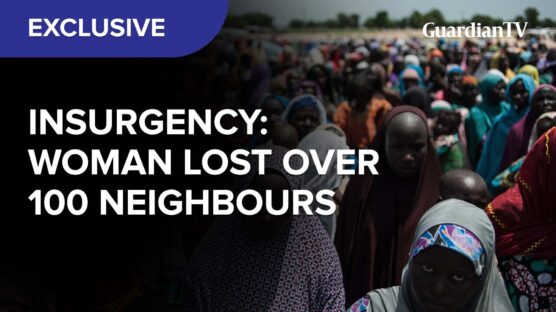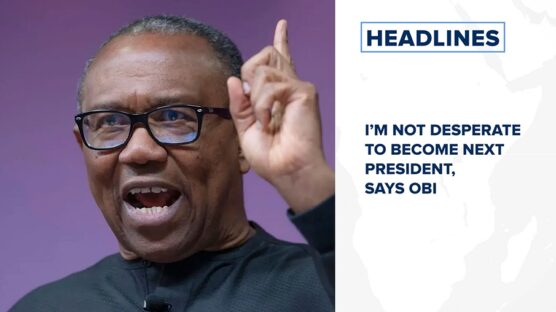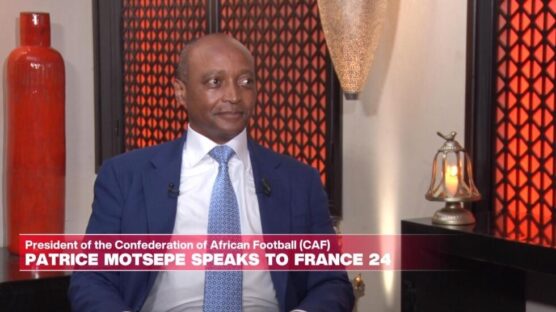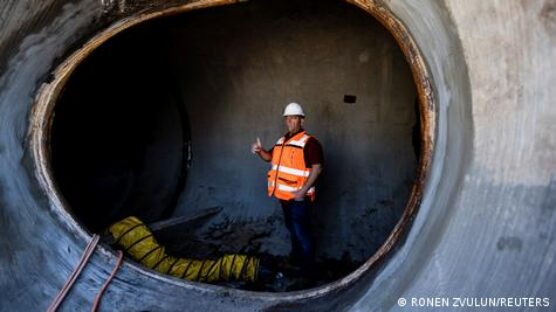How Nigeria wastes unjustified wealth on overseas education | Report
By Guardian Exclusive
26 March 2021 |
7:16 am
Despite a severe shortage of foreign exchange (forex), overseas education continues to drain the country’s resources, as Governor of the Central Bank of Nigeria (CBN), Godwin Emefiele, admitted $80 million weekly disbursements for personal travel allowances or payment of overseas school fees. The amount, which translates to $960 million yearly, is disbursed to banks to enable Nigerians to meet their forex responsibilities.
This is after a recent report indicated that Nigerians spend £30 million (about N20 billion) yearly paying tuition in the United Kingdom alone while the country’s education system grapples with challenges of underfunding, poor remuneration, and obsolete teaching facilities.
In this article
- allowances
- banks
- CBN
- Central Bank of Nigeria
- Country
- disbursements
- Education
- educationsystem
- facilities
- foreignexchange
- Forex
- Godwin Emefiele
- Governor
- million
- Nigerians
- obsolete
- overseas
- Pay
- payment
- personaltravel
- Poor
- remuneration
- report
- resources
- schoolfees
- severe
- shortage
- Teaching
- translates
- tuition
- underfunding
- UnitedKingdom
- weekly
Related
Related
2 days ago
The heat of the Premier League title race is on and big games are coming this midweek. Arsenal at the Emirates will take on Chelsea, Everton will entertain Liverpool, and Manchester City will be up against Brighton. Ayomide Sotunbo and Hogan Niyi preview the games in this week's edition of The Nutmeg.
2 days ago
Find these stories and much more when you grab a copy of The Guardian on Wednesday.
1 day ago
With the rate of insurgency in Borno State, many lives and families have been severely affected, with thousands being displaced and forced to live in internally displaced camps (IDP). A mother, who has lost neighbors, family, friends, and loved ones still in captivity, shares her heartbreaking experience of living in constant fear. She calls on the government to provide more basic amenities to help her and others in the IDP camp in Chabbol village, Borno state.
1 day ago
Tunde Onakoya, the Nigerian Chess expert who smashed the previous Guinness World Record for the longest chess marathon has returned to Nigeria. The founder of Chess In Slums Africa broke a new record of 60 hours of playtime in New York’s Times Square last Saturday, which is still receiving confirmation from GWR.
1 day ago
Find these stories and much more when you grab a copy of The Guardian on Thursday.
2 hours ago
Guardian Woman Festival: Fostering inclusion and empowerment in aviation.
Latest
6 hours ago
Private sector players are urging the Nigerian government to suspend the increase in electricity tariff for band A customers, citing the recent appreciation of the naira, a part of the determining factor for the tariff. Segun Ajayi-Kadir, Director General of the Manufacturers Association of Nigeria, joins CNBC Africa for this and more.
6 hours ago
Amnesty International is accusing Israel of a flagrant disregard for international law during its offensive in Gaza. The organisation's annual report says the situation is being compounded by the failures of Israel's allies to stop the indescribable civilian bloodshed being seen in the Palestinian enclave.
6 hours ago
The president of the Confederation of African Football (CAF) Patrice Motsepe discussed his ambitions for African football and his tenure as CAF president.
1 day ago
Israel's economy suffered a major contraction in the final quarter of 2023, following the terrorist attacks. Its economy shrank by 5.2% compared with the previous quarter. Much was related to the labor force disruption which resulted when around 300,000 reservists were called up to the country's armed forces.
1 day ago
The German government revised its economic growth forecast for 2024 marginally from 0.2% to 0.3%, Economy Minister Robert Habeck confirmed on Wednesday afternoon.
1 day ago
The central Mexican city of Celaya has become the scene of a brutal turf war between rival drug cartels. These criminal groups have taken advantage of its strategic position at the crossroads for transporting drugs into the United States. Kidnappings, shootouts with police and drive-by killings now occur on an almost daily basis in broad daylight. Nearly 500 people were killed in Celaya last year. The city's police officers (pictured) risk their lives every day and are forced to travel in armoured vehicles. Our France 2 colleagues report, with FRANCE 24's Lauren Bain.
×

Get the latest news delivered straight to your inbox every day of the week. Stay informed with the Guardian’s leading coverage of Nigerian and world news, business, technology and sports.


















3 Comments
#The Nigerian so-called leaders still see britain and the western countries as a point of “prestige” reference when their children study there and have refused to UPDATE the Nigerian schools to WORLD CLASS and save billions of dollars, pounds, euros etc foreign exchange and make the Nigerian NAIRA & KOBO very worthy.
The Nigerian so-called leaders since 1960 are VERY WICKED, UNPATRIOTIC, TRAITORS/BETRAYALS of Nigeria and Nigerians of every tribe and RELIGION to the imperialists slave and colonial masters clan where they are all HOUSE NEGERS.
SHAME.
TOO BAD.
OMASHE OOOOO.
IT MUST not STAND ANYMORE.
ENOUGH is ENOUGH.
God bless u my bro, dats why I say the
atrocities done by those colonial thieves is a lot more than wot we know, for leaders in Africa refusing to develop their own facilities but happy to fund another country institutions shows the damages done by those colonial rammagers are still much active in their mind, but I stop blaming the Europeans cus our leaders, ( I can’t even refer to them as our leaders,) they ar better referred to as power grabbing morons have a lot of exposures and opportunities to correct the damages but somehow they are still in that colonial glorified mindset, it’s like they hv been programmed and set in default to implement the wrong policies always
You SAID IT ALL.
You have a GOOD BRAIN.
The Nigerian and Black African countries so-called leaders since 1960 are poliTHIEFcians and rulers and never LEADERS.
Nigerians and the Black African countries citizens of every tribe and RELIGION SEEK NIGERIAN and BLACK AFRICAN COUNTRIES LEADERS in NIGERIAWIDE and in the Black African countries and Black countries worldwide immediately and RIGHT AWAY
We will review and take appropriate action.